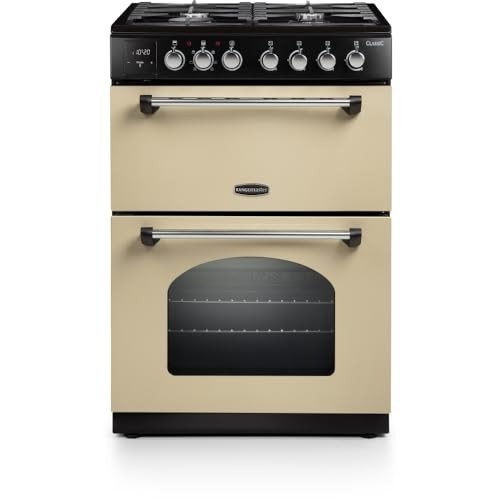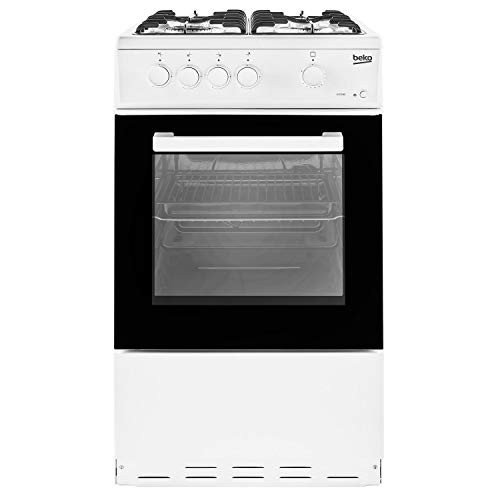Cookers are the heart of every kitchen, blending convenience with tasty results. Whether you're simmering a stew or roasting veggies, these appliances make cooking a breeze. With so many styles and features, you’ll find the perfect one to fit your cooking vibe and kitchen space.
Cookers
Discover a range of reliable cookers designed to elevate your culinary experience
Product List
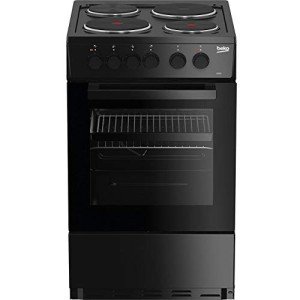
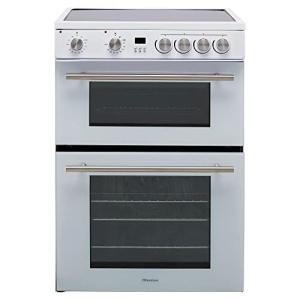
Hisense 60cm Electric Cooker
Hisense
Product Review Score
4.59 out of 5 stars
97 reviews£399.00 £352.00
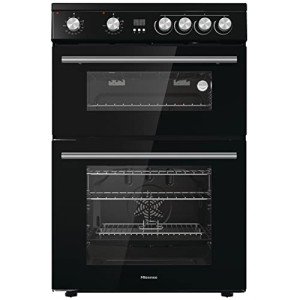
Hisense 60cm Electric Hob
Hisense
Product Review Score
4.15 out of 5 stars
37 reviews£499.00 £349.00
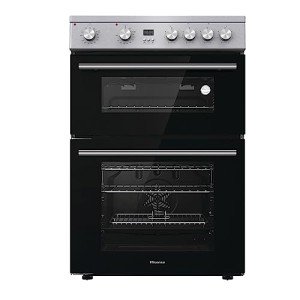
Hisense 60cm Ceramic Cooker
Hisense
Product Review Score
4.47 out of 5 stars
150 reviews£429.00 £369.00
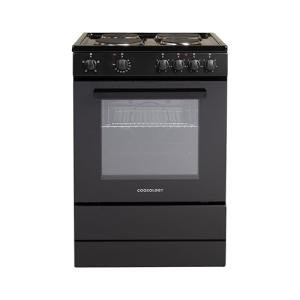
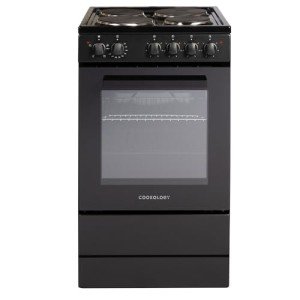
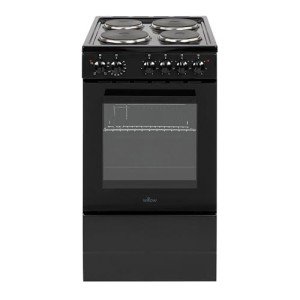
Willow 50cm Electric Stove
Willow
Product Review Score
4.9 out of 5 stars
126 reviews£249.99 £214.99
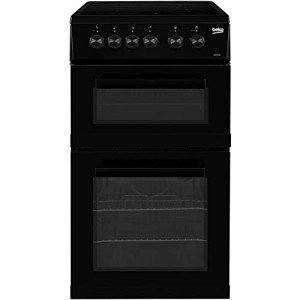
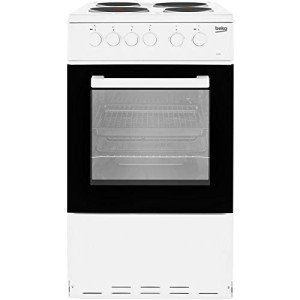
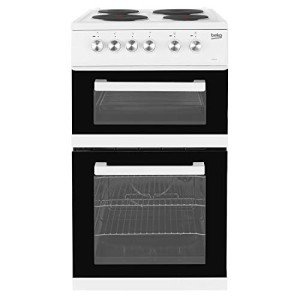
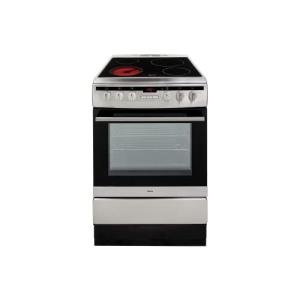
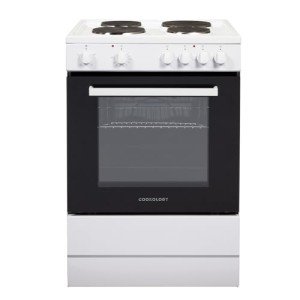
Cookology 60cm Electric Cooker
Cookology
Product Review Score
4.85 out of 5 stars
154 reviews£279.99
When it comes to modern kitchens, cookers play a central role. They are essential in transforming raw ingredients into delicious meals and come in a wide variety of designs, fuels, and functionalities. Whether someone is looking for a practical everyday cooker or an advanced multifunctional appliance, understanding the options is vital before making a purchase.
This comprehensive guide explores different types of cookers, their features, benefits, and considerations. It also includes comparison tables, lists of pros and cons, and answers to frequently asked questions to help readers find the perfect cooker for their needs.
What Is a Cooker?
A cooker is an all-in-one kitchen appliance that combines at least one oven with a hob (or stovetop). Unlike standalone ovens or portable stoves, cookers bring together both elements in one unit. They are available in different fuel types—electric, gas, dual-fuel, and induction—and can vary greatly in size, price, and additional features.
Types of Cookers
1. Gas Cookers
Gas cookers have been popular for decades because of their instant heat control and affordability. They use natural gas or liquefied petroleum gas (LPG) as fuel.
Advantages:
- Instant flame control
- Low running costs
- Works during power outages
- Generally more affordable upfront
Disadvantages:
- Requires gas installation
- Produces more heat in the kitchen
- Needs regular cleaning around burners
2. Electric Cookers
Electric cookers rely entirely on electricity for both the oven and the hob. They are user-friendly, energy-efficient in ovens, and widely available.
Advantages:
- Consistent and even heat distribution
- Modern safety features
- Wide range of designs
- Easy to install (usually only requires electrical connection)
Disadvantages:
- Slower heating on traditional plates
- Higher running costs in some regions
- Does not work during power outages
3. Dual-Fuel Cookers
Dual-fuel cookers combine the best of both worlds: a gas hob for precise cooking and an electric oven for even baking.
Advantages:
- Ultimate versatility
- Ideal for serious cooks and bakers
- Often comes with advanced features
Disadvantages:
- Higher upfront cost
- Requires both gas and electricity connections
- Can be more expensive to maintain
4. Induction Cookers
Induction cookers are electric but use magnetic technology to heat pans directly rather than the cooking surface. This results in faster cooking and improved energy efficiency.
Advantages:
- Heats food quickly and evenly
- Very energy efficient
- Safer: surfaces remain cooler to touch
- Sleek and modern appearance
Disadvantages:
- Requires compatible cookware (magnetic base)
- Higher purchase cost
- Repairs can be expensive
Cooker Size and Capacity
Cookers come in different sizes, usually measured in width. Picking the right size depends on kitchen space and household needs.
| Cooker Size | Width | Suitable For | Oven Capacity |
|---|---|---|---|
| Compact | 50 cm | Small kitchens / couples | 50–60 liters |
| Standard | 60 cm | Average families | 60–70 liters |
| Range Cooker | 90–110 cm | Large families / cooking enthusiasts | 80–120+ liters |
Key Features to Consider When Buying a Cooker
When shopping for a cooker, buyers should pay attention not only to size and fuel type but also to various features that can make cooking easier and more enjoyable.
- Number of burners/zones – More burners provide cooking flexibility.
- Fan-assisted ovens – Ensure even cooking and baking results.
- Self-cleaning options – Pyrolytic cleaning can save hours of scrubbing.
- Timer and smart functions – Program cooking times and monitor remotely.
- Storage drawers – Useful for keeping pans and trays nearby.
- Safety features – Flame failure devices for gas cookers, child locks for induction models, and automatic switch-off systems.
Energy Efficiency in Cookers
Energy efficiency is crucial not only for reducing electricity bills but also for lowering environmental impact. Modern cookers come with energy ratings ranging from A+++ (most efficient) to D (least efficient).
Tips to Improve Cooker Efficiency:
- Use lids on pots and pans to reduce cooking time.
- Match pan size to hob size.
- Avoid opening the oven door too often.
- Opt for induction cookers if energy savings are a priority.
Cooker Comparison Table
To make it easier, here is a quick comparison of the major types of cookers:
| Cooker Type | Best For | Pros | Cons | Average Price Range |
|---|---|---|---|---|
| Gas | Budget-friendly, traditional cooking | Instant heat, low running cost | Requires gas connection, less modern look | £300 – £700 |
| Electric | Convenience, even cooking | Consistent heat, widely available | Slower hob heating, higher bills in some regions | £350 – £900 |
| Dual-Fuel | Versatility, serious cooks | Gas hob + electric oven | Expensive, needs both connections | £600 – £2000 |
| Induction | Modern kitchens, energy-conscious users | Fast, safe, efficient | High upfront cost, cookware limitations | £700 – £2500 |
Tips for Choosing the Right Cooker
- Assess kitchen space – Measure carefully before buying.
- Consider cooking style – Bakers may prefer electric ovens; stir-fry lovers may lean toward gas hobs.
- Think about household size – Families benefit from larger models with multiple ovens.
- Check energy usage – Look for energy labels and features like induction cooking.
- Budget realistically – Include installation costs as well as the purchase price.
FAQs About Cookers
Q1: What is the most energy-efficient type of cooker?
Induction cookers are generally considered the most energy-efficient since they only heat the cookware, minimizing wasted energy.
Q2: Is it worth buying a dual-fuel cooker?
Yes, especially for those who want the flexibility of precise gas cooking combined with even electric baking. However, they cost more and require both fuel sources.
Q3: How long do cookers usually last?
On average, a well-maintained cooker can last 10–15 years. High-end models may last even longer.
Q4: Can induction cookers be used with all types of cookware?
No, induction requires magnetic cookware such as stainless steel or cast iron. Non-magnetic metals like aluminum or copper won’t work unless they have a magnetic base.
Q5: What safety features should I look for in a cooker?
Gas cookers should have flame failure devices, while electric and induction models benefit from child locks, residual heat indicators, and auto shut-off timers.
Choosing the right cooker involves balancing budget, kitchen space, cooking style, and energy efficiency. Gas cookers are affordable and reliable, electric models offer simplicity, dual-fuel cookers provide versatility, and induction cookers lead in safety and efficiency. With so many options on the market, there is a perfect cooker for every home. Carefully considering the features and comparing models will ensure years of enjoyable and efficient cooking.
